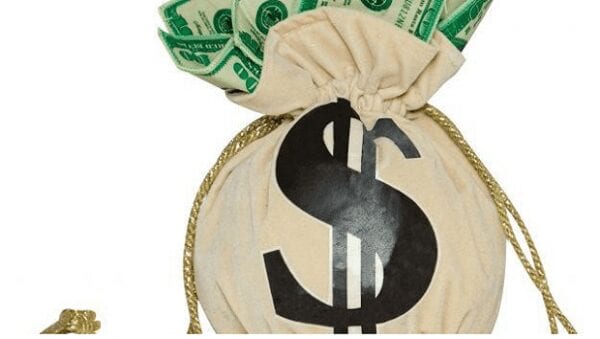Nigeria’s overnight interbank rate rose marginally on Friday to an average of 9 percent, up from 8.5 percent at last week’s close, due to lower banking system liquidity and expectations of a possible hike in the benchmark interest rate next week.
Nigeria’s rate-setting Monetary Policy Committee (MPC) is scheduled to meet on Tuesday to take a decision on benchmark interest rates and other financial tools to curb accelerating inflation in the West African country.
Annual inflation in Nigeria quickened to a near six-year high of 13.7 percent in April, up from 12.8 percent the previous month, in part due to rising petrol and electricity prices, the National Bureau of Statistics said on Monday, stoking expectations of another rate hike.
“We now expect the central bank (CBN) to tighten its policy rate by 100 bps to 13 percent at the May meeting,” Razia Khan, chief economist at Standard Chartered Bank, said in an email to Reuters.
With the level of banking system liquidity at around 141.7 billion naira on Friday, down from 183.59 billion naira last week, dealers said, interbank rates are expected to square up with the expected benchmark rate hike at the end of the MPC meeting on Tuesday.
Even though the central bank sold 110.93 billion naira in short-dated treasury bills at an auction on Wednesday, no cash left the system because the same amount of treasury bills also matured, resulting in a rollover.































